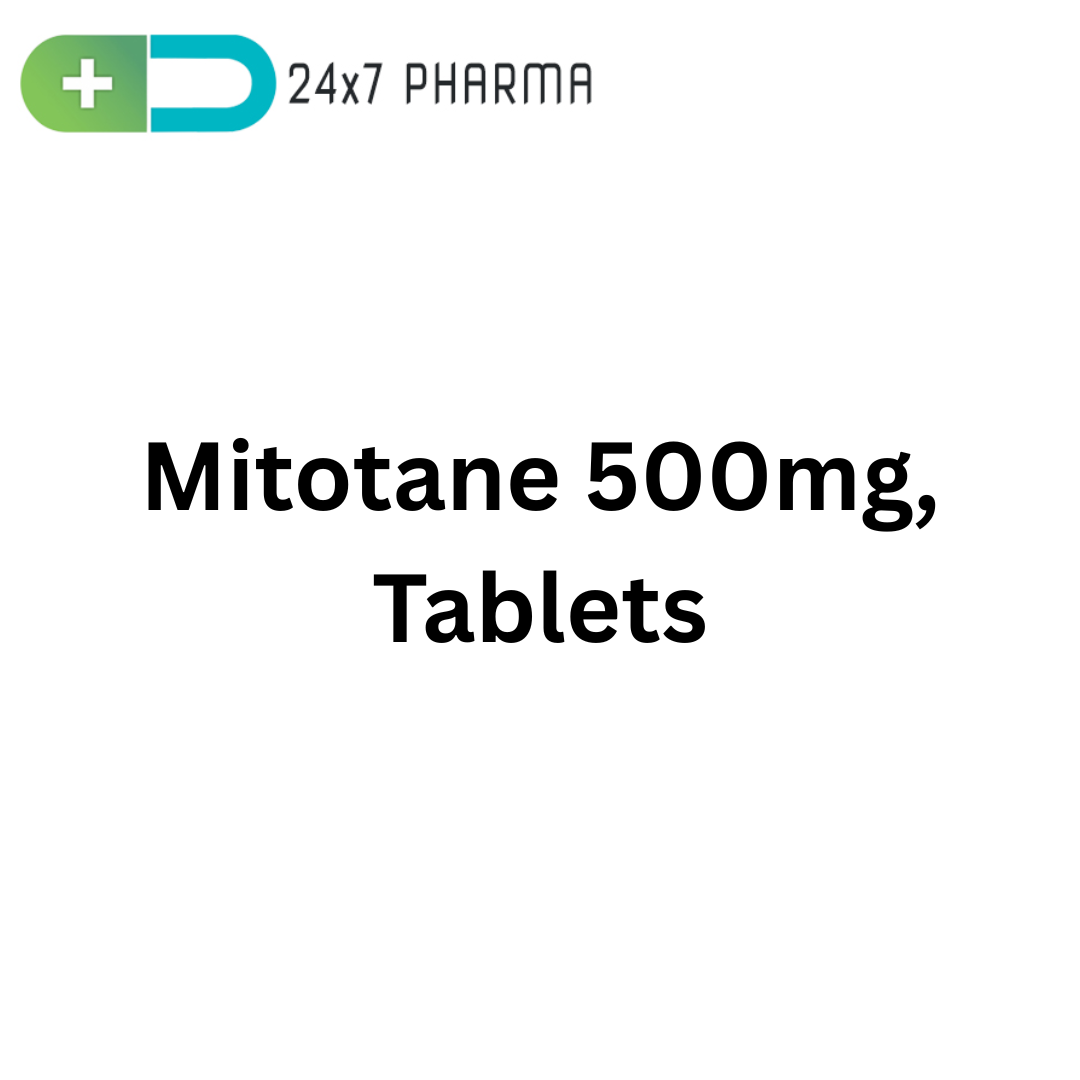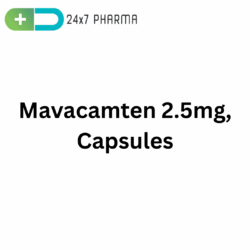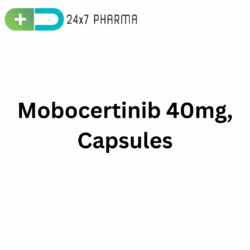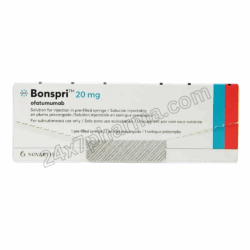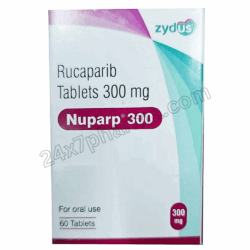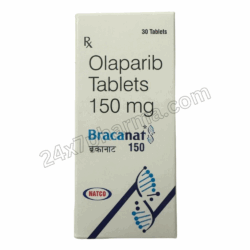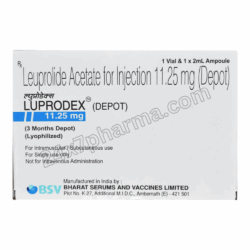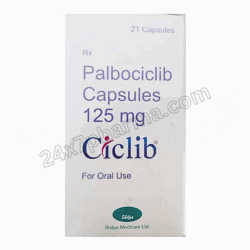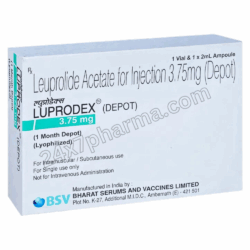LuciMito 500mg, Mitotane Tablets
Mitotane, a strong antineoplastic (anticancer) drug, is marketed under the name LuciMito 500mg and is mostly used to treat malignancies of the adrenal glands, especially adrenocortical carcinoma (ACC). Mitotane has been in clinical use for several decades and is especially valued for its selective cytotoxic action on adrenal cortical cells. LuciMito is manufactured to high pharmaceutical standards to ensure efficacy, safety, and consistency in treating this rare but aggressive cancer.
What is LuciMito (Mitotane)?
Mitotane 500mg, a synthetic derivative of the pesticide DDT, is present in LuciMito. It is classified as an adrenolytic agent, specifically used to manage cancers arising from the adrenal cortex. Mitotane can be used as an adjuvant therapy following the surgical excision of adrenal tumors or as a primary therapy in patients that cannot be operated on.
It is not a traditional chemotherapy drug; instead, it works by selectively damaging adrenal tissue, particularly tumor cells.
How LuciMito Works / Mechanism of Action
Mitotane has a unique mechanism of action:
- Adrenolytic effect: Mitotane is cytotoxic to adrenal cortical cells. It induces mitochondrial and endoplasmic reticulum damage, leading to necrosis of the adrenal tissue.
- Enzyme inhibition: It inhibits key enzymes like cholesterol side-chain cleavage enzyme and 11β-hydroxylase, which are crucial for adrenal steroidogenesis. This suppresses cortisol and aldosterone production.
- Selective tumor cell targeting: Although systemic, it shows a degree of selectivity toward cancerous adrenal cortex cells, helping to reduce tumor size and hormone-related symptoms.
- This dual mechanism both shrinks the tumor and reduces excess hormone production by adrenal tumors, especially cortisol.
How to Use / Indications
LuciMito (Mitotane) is indicated for:
- Adrenocortical Carcinoma (ACC) – Especially in metastatic or inoperable cases.
- Adjuvant therapy post-surgery in high-risk patients to reduce recurrence.
- Ectopic Cushing’s Syndrome (off-label) – In select cases of ACTH-independent cortisol excess.
- It is used under close medical supervision, typically in hospitals or cancer centers due to the need for dose adjustment and monitoring of hormone levels.
How to Take / Dosage
Standard adult dosage:
- Starting dose: 2 g to 3 g per day in divided doses.
- Maintenance dose: Titrated gradually up to 6 g to 10 g/day depending on tolerance, blood levels, and therapeutic response.
- Maximum dose: Up to 14 g/day in some resistant cases, though high doses increase toxicity risk.
Administration:
- Take orally with food or milk to minimize GI discomfort.
- Tablets should be swallowed whole; do not crush or chew.
- Regular monitoring of plasma mitotane levels is needed to keep within the therapeutic range (14–20 mcg/mL).
Other Dosage Forms
While LuciMito 500mg tablets are the standard form, other formulations may be compounded in specialized pharmacy settings if required (e.g., liquid suspension for patients with swallowing issues).
Alternate regimens include:
- Low-dose regimens for better tolerability in elderly or frail patients.
- High-dose intensive regimens for rapid tumor reduction in aggressive cases (often hospitalized for monitoring).
Side Effects
Like all chemotherapy agents, LuciMito (Mitotane) can have significant side effects:
Common:
- Nausea, vomiting
- Diarrhea
- Anorexia, weight loss
- Drowsiness, dizziness
- Skin rash
Serious:
- Adrenal insufficiency, which results from the breakdown of adrenal tissue
- Neurological toxicity – Confusion, ataxia, depression
- Hepatotoxicity
- Hypothyroidism
- Elevated liver enzymes
- Long-term use requires regular blood tests, cortisol replacement therapy, and neurocognitive monitoring.
Storage
- Store below 25°C, in a dry place, away from light and moisture.
- Keep out of reach of children.
- Do not use after the expiry date mentioned on the pack.
Benefits
- Targeted action: Selectively destroys adrenal carcinoma cells.
- Improves survival: Especially in patients with advanced adrenal carcinoma.
- Hormonal control: Helps reduce excess cortisol, which causes Cushingoid symptoms.
- Adjuvant efficacy: Decreases recurrence rates when used post-surgery.
- Despite its toxic profile, its benefits in prolonging life in ACC outweigh the risks in properly selected and monitored patients.
Prescription
LuciMito is a prescription-only medication and should only be taken under the guidance of a medical oncologist or endocrinologist. Its use requires:
- Informed consent
- Frequent lab monitoring
- Adjustments in hormonal replacement therapies
- Prescription may also include hydrocortisone or fludrocortisone to compensate for adrenal suppression.
Interaction
Mitotane has numerous drug interactions, including:
- CYP3A4 inducer: It can increase metabolism of drugs like warfarin, phenytoin, midazolam, dexamethasone, etc.
- CYP450 inhibitors: May change the toxicity and metabolism of mitotane.
- Decreases efficacy of oral contraceptives – Use alternative contraception.
- Alters response to corticosteroids – Requires higher replacement doses due to enzyme induction.
- Close coordination with the healthcare provider is essential for managing polypharmacy in cancer patients.
FAQs
Is LuciMito a chemotherapy drug?
Not traditional chemotherapy, but a selective adrenolytic agent used in cancer.
Can LuciMito be taken lifelong?
It is often used for long durations, but requires monitoring due to toxicity.
How long does it take for LuciMito to show effects?
Therapeutic effects may appear in weeks to months; plasma monitoring helps guide efficacy.
Conclusion
LuciMito 500mg (Mitotane) remains a cornerstone in the management of adrenocortical carcinoma, particularly when surgery alone is insufficient. With its dual ability to destroy tumor cells and reduce hormone overproduction, it improves outcomes for patients suffering from this aggressive cancer. However, due to its narrow therapeutic window and potential for significant side effects, it requires strict medical supervision and individualized care.
Used correctly, LuciMito can extend survival, reduce recurrence, and improve quality of life in a cancer that otherwise has limited therapeutic options. Its place in oncology remains vital, especially for those battling adrenal gland cancers.

